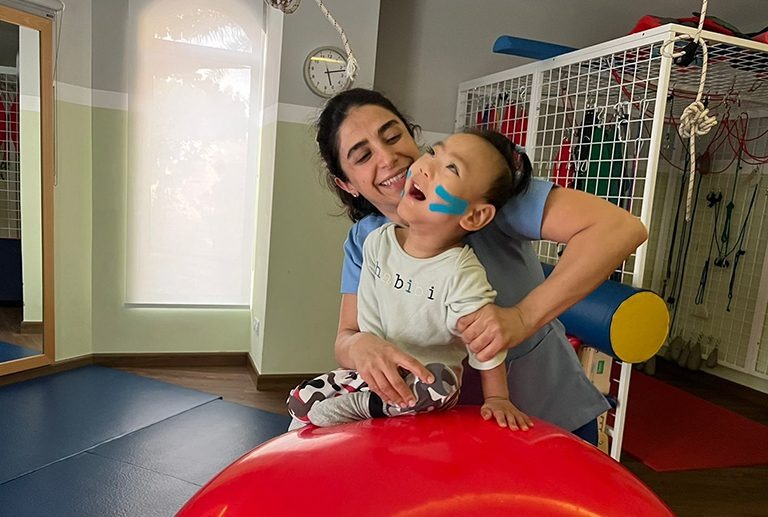
Newborns, especially those born prematurely or with medical conditions, may face challenges in movement, muscle development, and overall physical growth. Neonatal physical therapy focuses on improving strength, coordination, and motor skills to support a baby’s development.
Below are some common conditions that require neonatal physical therapy.
Premature birth:
Babies born before 37 weeks may have underdeveloped muscles and delayed motor skills. They might struggle with head control, muscle tone, and movement coordination. Physical therapy helps strengthen their muscles, improve flexibility, and develop the necessary skills for rolling, crawling, and walking.
Torticollis (Twisted Neck):
Torticollis occurs when a baby’s neck muscles are tight or shortened, causing their head to tilt to one side. This condition can make it difficult for a baby to turn their head properly. Physical therapy includes gentle stretching exercises and positioning techniques to correct the muscle imbalance and improve head movement.
Brachial plexus injury:
A brachial plexus injury happens when the nerves in a baby’s shoulder and arm are damaged during birth. This can lead to weakness or limited movement in the affected arm. Physical therapy focuses on improving range of motion, muscle strength, and nerve recovery through guided exercises.
Hypotonia (Low Muscle Tone):
Babies with hypotonia have weak or floppy muscles, making it difficult for them to control movements or reach developmental milestones. Physical therapy includes activities that strengthen muscles, improve coordination, and encourage proper posture and movement patterns.
Hypertonia (High Muscle Tone):
Unlike hypotonia, hypertonia causes excessive muscle stiffness, making movement difficult. Babies with hypertonia may struggle with flexibility and coordination. Therapy focuses on stretching, improving mobility, and reducing muscle tightness to help them move more easily.
Cerebral palsy:
Cerebral palsy is a neurological condition that affects muscle tone, movement, and posture. Some babies are diagnosed at birth, while others show symptoms later. Physical therapy helps improve muscle strength, balance, and coordination, allowing the baby to develop functional movement skills.
Neonatal physical therapy plays a vital role in supporting babies with conditions that affect muscle tone, movement, and coordination. Early intervention helps improve their strength and mobility, giving them a better chance at reaching developmental milestones and leading an active life.